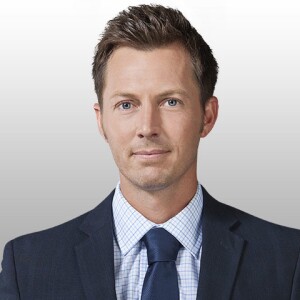From the time she was five years old, sports have played an essential role in Sarah Waters' life.
“Started off with your basic like soccer, softball, track, basketball, I did it all,” said Waters.
The ASU beach volleyball player says while the Xs and Os of the games were important, it was the life lessons learned from coaches that have truly translated to off-field success.
“Oh boy, there’s a lot of aspects that go into a good coach,” said Waters.
She learned those aspects as part of a new course called Applied Coaching Communication created thanks to a $15,000 grant from Global Sport Institute in 2019. The class is aimed at preparing students to coach youth leagues here in the Valley. Many leagues have seen a drastic reduction in the number of coaches since the pandemic.
“There are so many young kids out there that need someone in their life to motivate them, and to give them that confidence that they can do what they want to do,” said Waters.
“When there’s not enough coaches, that means there’s not enough opportunity within our community to participate in sport,” said Dr. Alaina Zanin.
Dr. Zanin, an Associate Professor at ASU runs the course, calling the need for coaches critical in the development of our communities' youth. Studies show children from minority and low-income neighborhoods suffer the most from coaching shortages. And despite the continued growth of female sports participation, female coaches only make up 25% of those leading teams.
“Students that participate in sport through high school are less likely to engage in risk behavior, they’re less likely to experiment with drugs or alcohol, they’re more likely to do better in classes and to actually finish their degrees,” said Dr. Zanin.
She says for four weeks, students learn the ins and outs of leadership and mentorship. Students were given the tools to help shape the young minds under their tutelage. For another eight weeks, they put it into practice.
“Some did basketball programs, some did soccer programs, in my group, we did girls on the run, a running program,” said Waters. “I saw one girl completely transform from the beginning to the end. She started out not believing in herself at all and we set small running goals. By the end she was outrunning everyone. I felt like an amazing coach.”
The experience has left a lasting impact on Waters, opening her eyes to the importance of role models. Most importantly, she has empowered herself and the children now calling her coach.
“If anyone has the opportunity, they should one hundred percent take on a coaching position,” said Waters.
Dr. Zanin hopes ASU will offer the course again in Spring 2023, but that will depend on class size. They need at least 12 students to offer the course.


